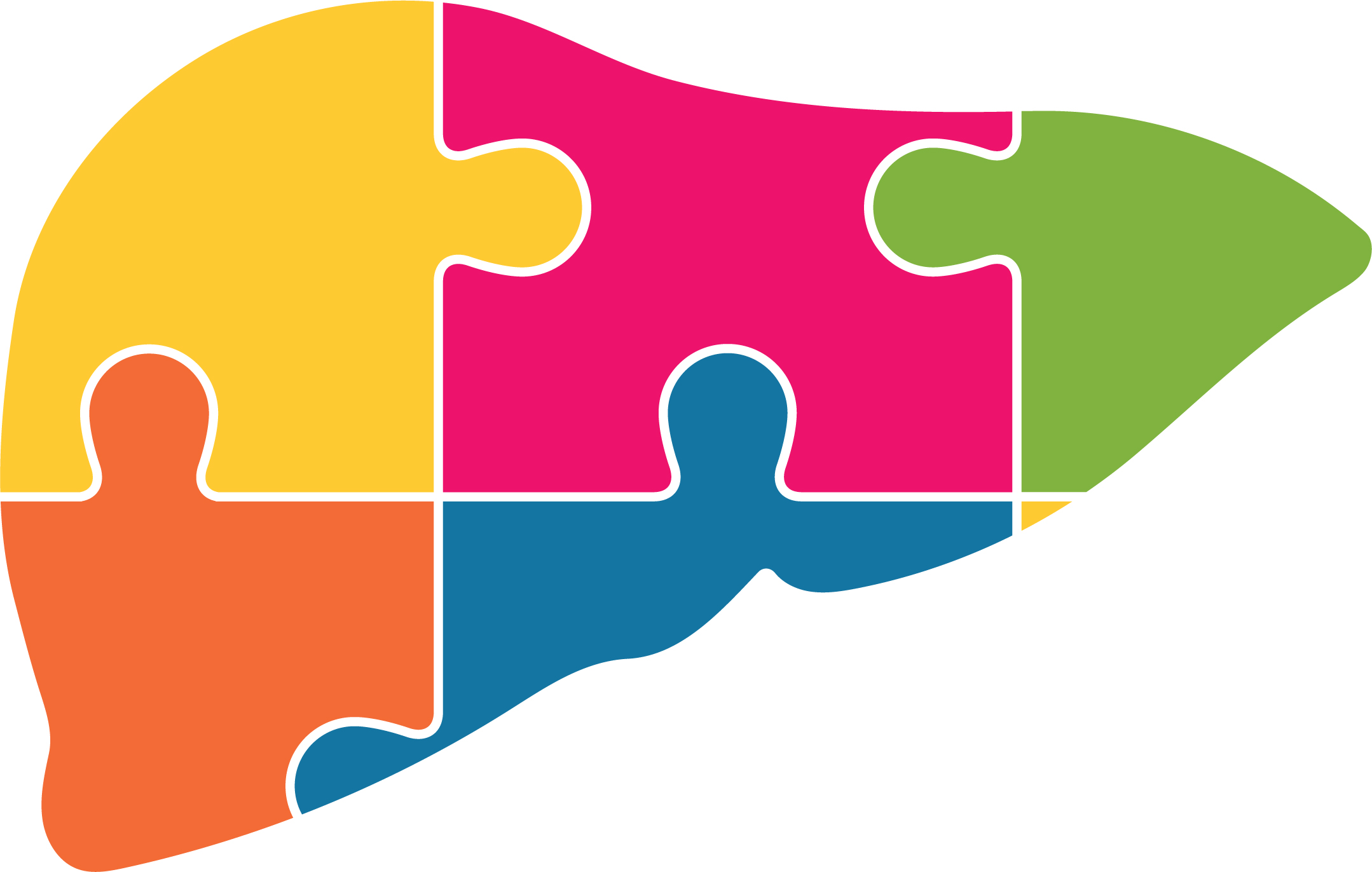A substantial increase in the number of young children suffering from hepatitis in recent months has flummoxed doctors in the UK and overseas.
In the past 4 months, there have been more than 220 – largely unexplained – cases of hepatitis in UK children, according to the UK Health Security Agency (UKSHA, 2022) at the time of going to press. Of those, 158 lived in England, 31 in Scotland, 17 in Wales and 16 in Northern Ireland.
The inflammation of the liver usually follows a viral infection and in 11 UK children this has resulted in the need for a liver transplant, and no fatalities.
Around the world, it is estimated that more than 400 children have developed hepatitis, resulting in three known deaths in Indonesia and one in the United States. UK health agencies said cases were mainly in children under the age of 5 who showed symptoms such as diarrhoea, nausea and jaundice.
However, expert opinion is divided on the causes of the outbreak. In the UK, the condition is being linked to adenoviruses which are common in children and have a wide range of symptoms, including fever, sore throats, bronchitis and stomach issues such as sickness and diarrhoea.
Dr Renu Bindra, Senior Medical Advisor and Incident Director at UKHSA said: ‘Our investigations continue to suggest an association with adenovirus, and we are exploring this link, along with other possible contributing factors including prior infections such as COVID.
‘We are working with other countries who are also seeing new cases to share information and learn more about these infections. Investigations continue to find out if there's an association with adenovirus, and that medics were exploring this link.
‘We continue to remind everyone to be alert to the signs of hepatitis, particularly jaundice – look for a yellow tinge in the whites of the eyes and contact your doctor if you are concerned.’
While the UKHSA is investigating whether prior coronavirus infection is behind the rise in hepatitis cases, it has noted that there is ‘no evidence’ of the condition being linked to COVID vaccinations.
A number of experts overseas have been questioning whether COVID plays a significant role in hepatitis in children.
Some researchers suggest that children who have or have had COVID-19 are at greater risk of liver problems afterwards (Kendall et al, 2022). However, it appeared that most of the children who developed acute hepatitis had not reported a previous SARS-CoV-2 infection. Instead, the majority were found to have been infected with an adenovirus called 41F, which is not known to attack the liver.
But other researchers (Brodin and Arditi, 2022) believe that it is also possible that the affected children, many of whom were too young to be vaccinated against COVID, may have had mild or asymptomatic coronavirus infections that weren't picked up. If this was the case, they claimed, then lingering traces of the coronavirus in the gastrointestinal tract could be priming the immune system to overreact to adenovirus 41F, causing the inflammatory proteins that damage the liver.
In the United States, doctors studied the case of a 3-year-old girl who developed acute liver failure after contracting COVID (Pelley and Miller, 2022). Dr Anna Peters, a paediatric gastroenterologist at the Cincinnati Children's Hospital Medical Center, said: ‘The patient had liver biopsy findings and blood testing consistent with a type of autoimmune hepatitis which may have been triggered by COVID infection.’
‘We continue to remind everyone to be alert to the signs of hepatitis, particularly jaundice – look for a yellow tinge in the whites of the eyes and contact your doctor if you are concerned.’
She added that while it was impossible to prove that COVID has directly caused the liver disease, it was possible that the virus triggered an abnormal immune response that later attacked the organ. Dr Peters said: ‘It's important for physicians to be aware that this is a rare condition that may happen during or after COVID infection. It's important to check liver tests in patients who aren't improving as expected.’

The link between hepatitis and COVID is also being investigated in other countries, such as in Israel and in India.

